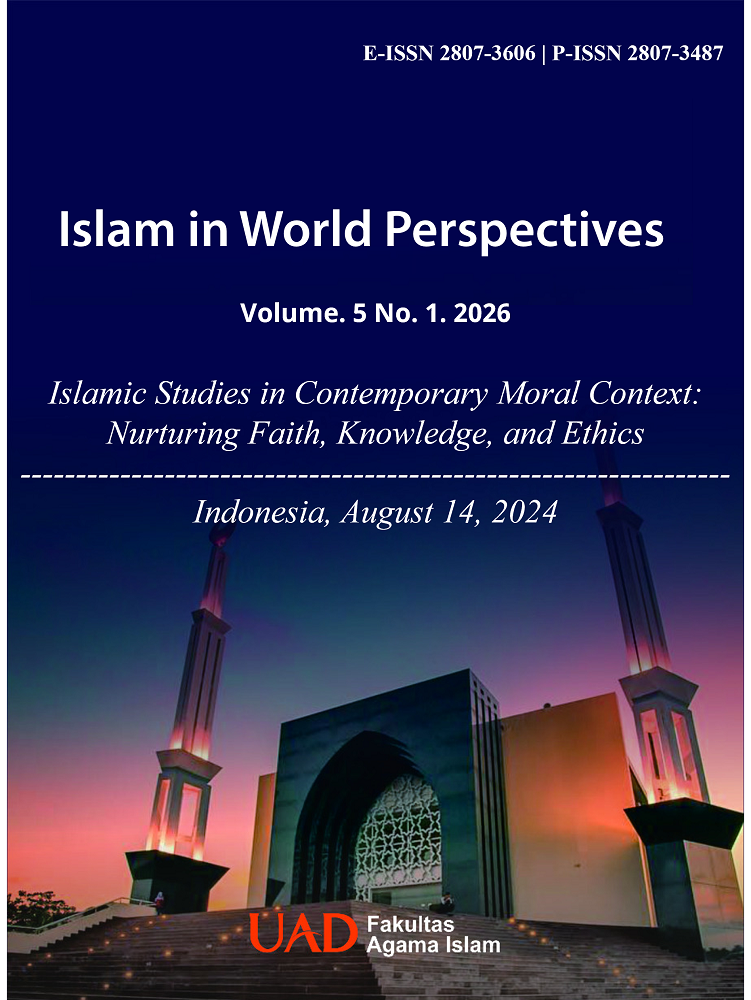Strategies for optimizing traditional food products to improve Halal industry competitiveness and food sustainability
Abstract
Business opportunities in the traditional food sector in Indonesia are categorized as very profitable opportunities. Public interest in traditional cuisine is very high. Indonesia, with its large Muslim population, has great potential as a key player in the development of the halal industry. Indonesia accounts for around 11,7% of the total Muslim population in the world, with the Muslim population reaching around 242,7 million by 2024. This figure is equivalent to about 87% of Indonesia's total population. In addition, Indonesia ranks 2nd in the category of halal food producers, indicating that the market potential is still very large to be utilized. This research is a literature study that uses secondary data from scientific articles and other relevant documents using SWOT and PESTEL methods. The optimization of traditional food products is important to improving Indonesia's halal industry's competitiveness. With the application of modern technology and innovative strategies, traditional food products can be transformed into products that not only meet halal standards but also support food sustainability. This is in line with global efforts to achieve the Sustainable Development Goals (SDGs), particularly food security and responsible production. Thus, optimizing traditional food products not only supports national economic growth but also strengthens Indonesia's position as a major player in the global halal industry.
Downloads
Published
Issue
Section
License
Copyright (c) 2024 Salsabil Choiri, Hilma Fanniar Rohman

This work is licensed under a Creative Commons Attribution-ShareAlike 4.0 International License.
Authors who publish with Islam in world perspectives agree to the following terms:
- Authors retain copyright and grant the journal right of first publication with the work simultaneously licensed under a Creative Commons Attribution License (CC BY-SA 4.0) that allows others to share the work with an acknowledgment of the work's authorship and initial publication in this journal.
- Authors are able to enter into separate, additional contractual arrangements for the non-exclusive distribution of the journal's published version of the work (e.g., post it to an institutional repository or publish it in a book), with an acknowledgment of its initial publication in this journal.
- Authors are permitted and encouraged to post their work online (e.g., in institutional repositories or on their website) prior to and during the submission process, as it can lead to productive exchanges, as well as earlier and greater citation of published work.

This work is licensed under a Creative Commons Attribution-ShareAlike 4.0 International License.



